Nobel Peace Prize goes to Tunisian National Dialogue Quartet
Democracy group is the surprise winner, beating out firm favourites Angela Merkel and Pope Francis
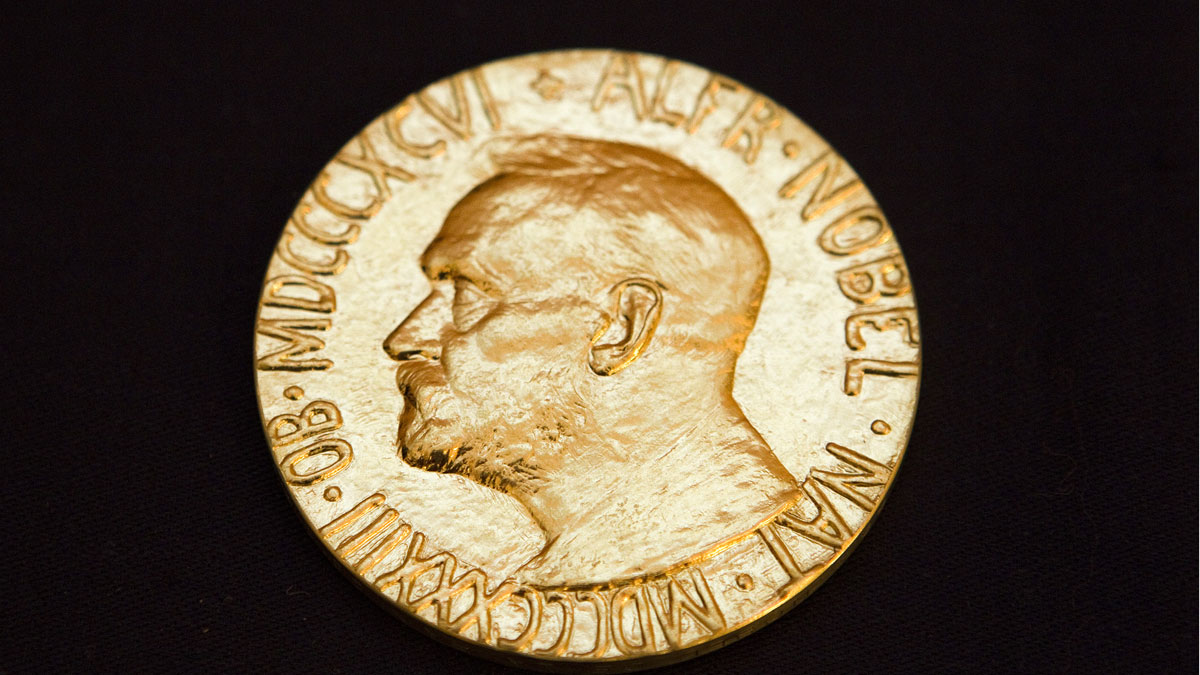
A free daily email with the biggest news stories of the day – and the best features from TheWeek.com
You are now subscribed
Your newsletter sign-up was successful
This year's Nobel Peace Prize has been awarded to a Tunisian group for its role in forging the country's peaceful transition to democracy after the Arab Spring.
The Tunisian National Dialogue Quartet, which is made up of several labour and human rights groups, was the surprise winner of the prestigious prize.
The Norwegian Nobel Committee said the group won for its work in establishing an "alternative, peaceful political process at a time when the country was on the brink of civil war".
The Week
Escape your echo chamber. Get the facts behind the news, plus analysis from multiple perspectives.

Sign up for The Week's Free Newsletters
From our morning news briefing to a weekly Good News Newsletter, get the best of The Week delivered directly to your inbox.
From our morning news briefing to a weekly Good News Newsletter, get the best of The Week delivered directly to your inbox.
Tunisia is the only Arab Spring state to have witnessed a successful democratic transition, with war raging in Libya, Syria and Yemen and a military coup in Egypt, The Guardian points out.
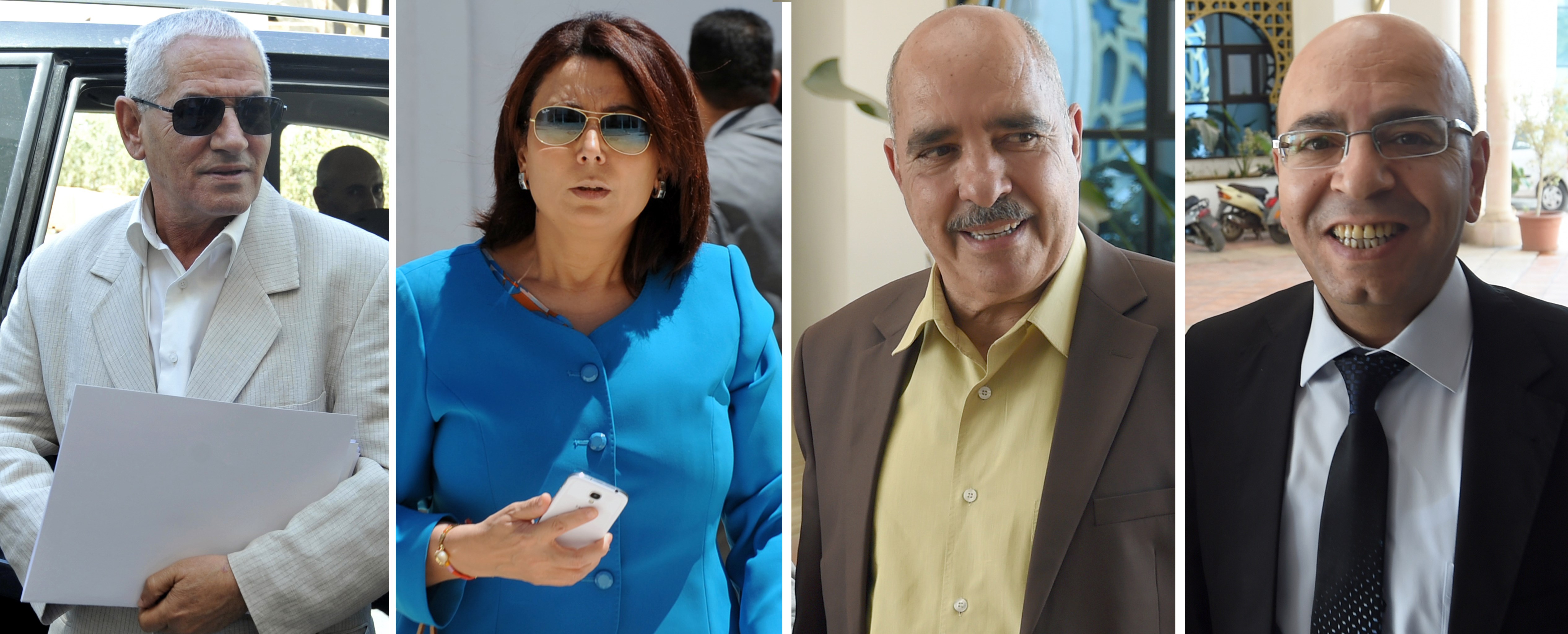
Chairwoman Kaci Kullmann Five said she hoped their road-map to peace would serve as an example to be followed by other countries in the region.
Houcine Abassi, the leader of the Tunisian General Labour Union and one of the key members of the group , told AP he was "overwhelmed" by the win.
"It's a prize that crowns more than two years of efforts deployed by the quartet when the country was in danger on all fronts," he said.
A free daily email with the biggest news stories of the day – and the best features from TheWeek.com
The group was one of 273 institutions and individuals competing for prize, including:
Angela Merkel
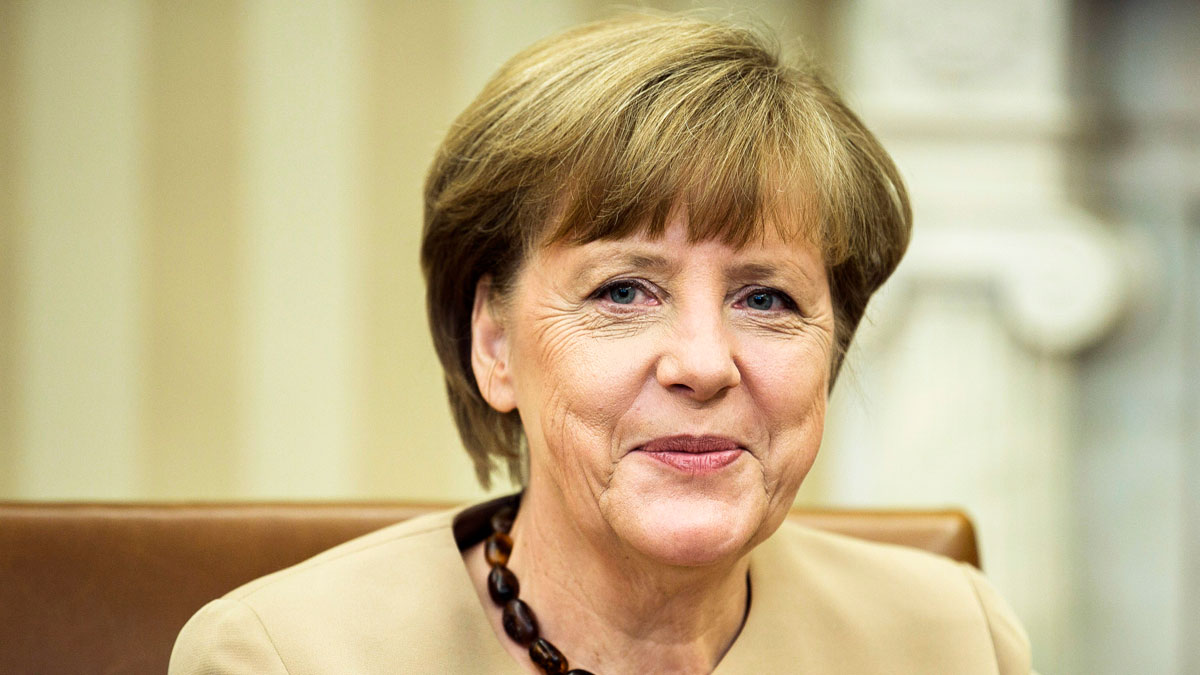
The German chancellor's response to the refugee crisis and her efforts to resolve the conflict in Ukraine had made her the bookies' favourite to take home the award. She has opened Germany's doors to hundreds of thousands of refugees fleeing war and persecution and is seen by many as the continent's moral compass. "Angela Merkel has been quite remarkable in taking leadership in a rather embarrassing discussion in the European context," Kristian Berg Harpviken, director of the Peace Research Institute in Oslo, told Bloomberg.
The Pope
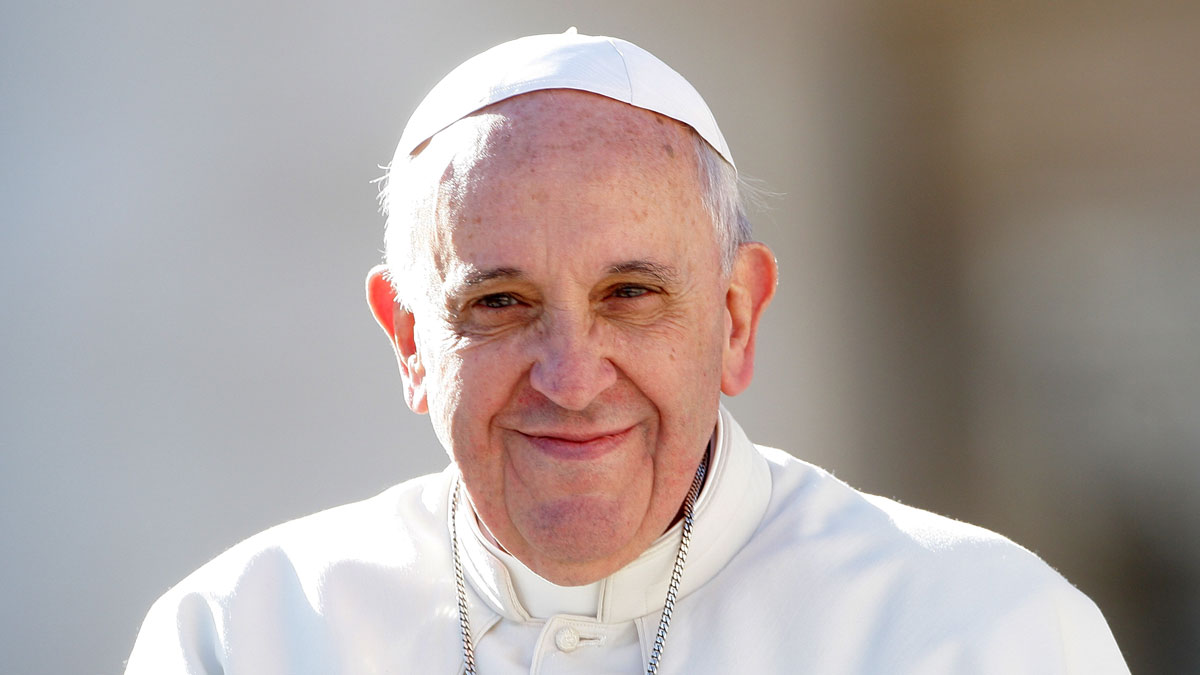
Pope Francis has been involved in two hugely significant diplomatic breakthroughs in the Americas this year: he helped restore ties between bitter Cold War enemies in Washington and Havana and pushed for a peace deal in Colombia. He has also spoken openly and passionately about a number of global issues including climate change, economic inequality, and the treatment of refugees. "His odds are improved by general popularity, a friendly demeanour and apparent flexibility on the interpretation of some Catholic dogma," said The Guardian. "But his adherence to the Vatican's line on the role of women would make him a hard sell in Norway."
John Kerry and Javad Zarif
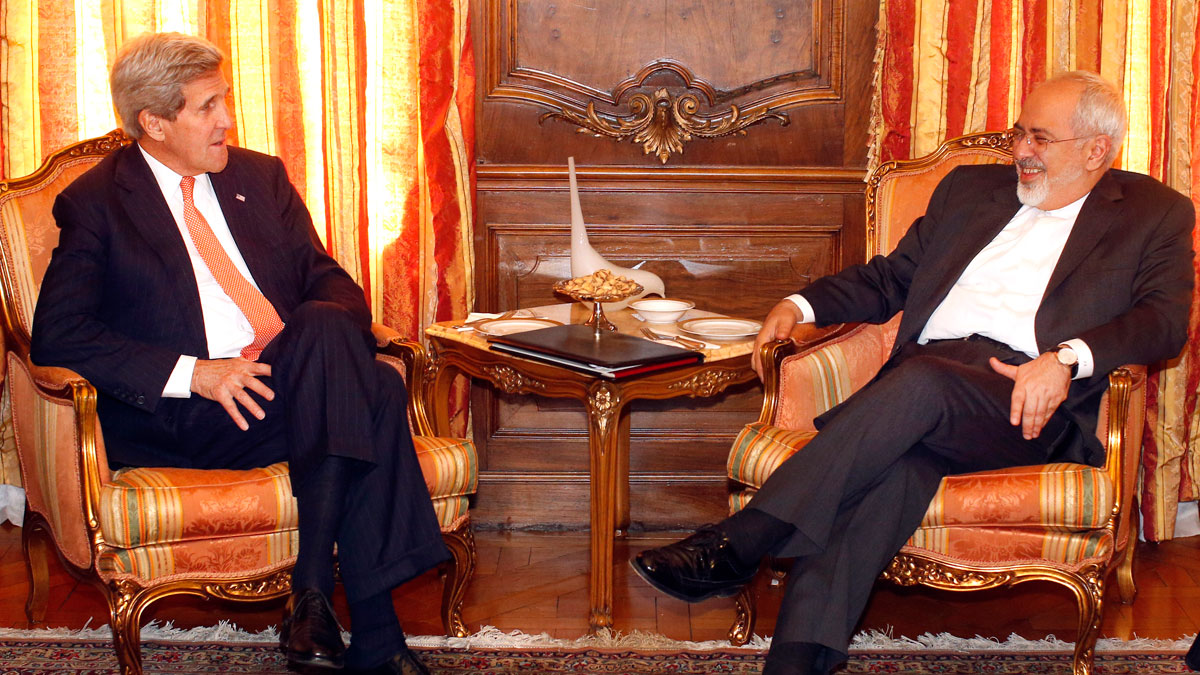
Iran's foreign minister and the US secretary of state had been nominated for their roles in securing the historic Iranian nuclear deal earlier in July. The US and five other world powers reached an agreement with Tehran on scaling back Iran's nuclear activities in return for the gradual removal of sanctions that had crippled the economy. The deal was widely seen as a sign of hope, though some critics warned that it could trigger an arms race in the Middle East. Some commentators argued that a win for the pair was unlikely. "Let's give the deal a few years to work before we celebrate it," said Slate's Joshua Keating.
Novaya Gazeta
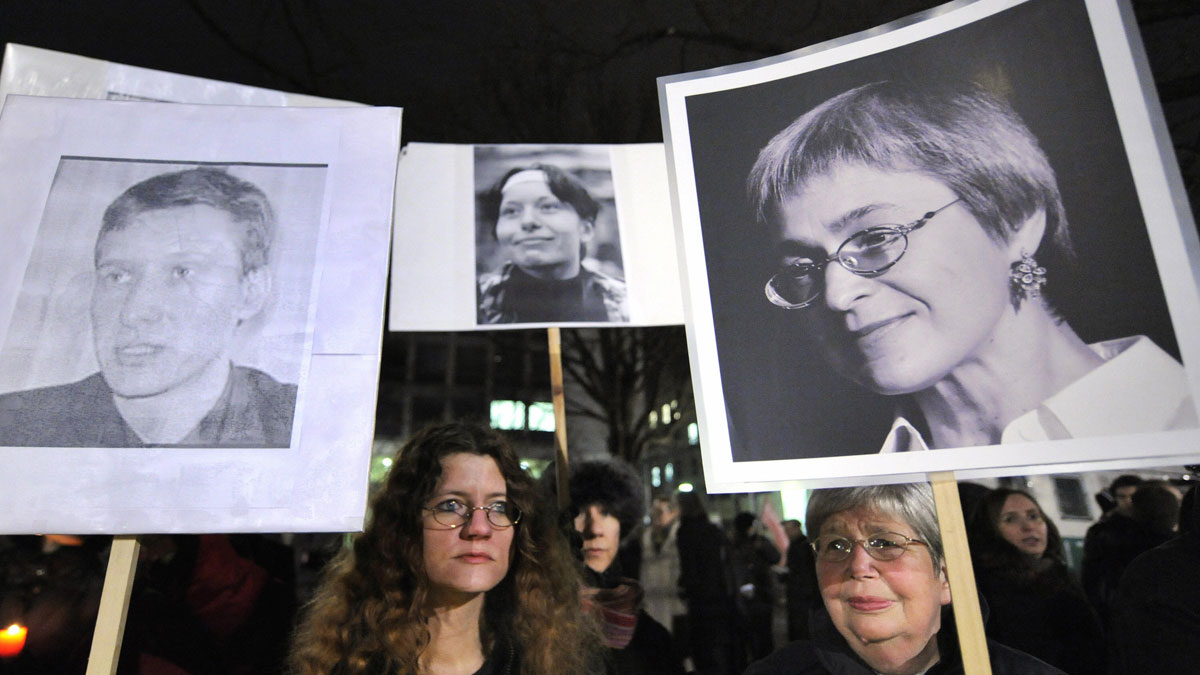
The Russian investigative newspaper had been tipped for the award for a second year running. It is one of the few Russian media outlets that is still openly critical of the Kremlin, providing extensive coverage of the ongoing war in eastern Ukraine. The publication has paid a heavy price for its bravery. On the walls of its newsroom hang photos of journalists and employees who have been killed, including the famed foreign correspondent Anna Politkovskaya, who was gunned down in Moscow in 2006. "The photos provide a constant reminder of how dangerous the most basic function of journalism – telling the truth – has become in Vladimir Putin's Russia," said The Guardian.
Father Mussie Zerai
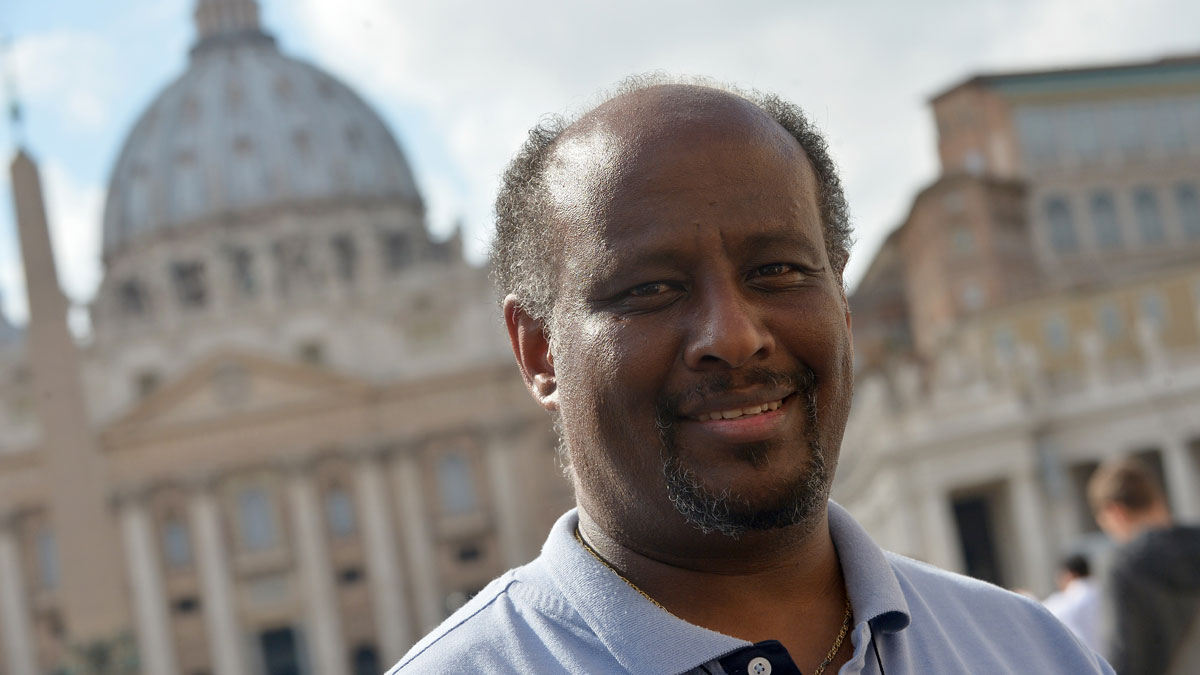
The Catholic priest from Eritrea may not have been as well known as his fellow contenders, but many were predicting he would take home the prize. Father Zerai lives in Switzerland and acts as a one-man emergency hotline for refugees attempting to reach Europe. He answers his phone 24 hours a day and has saved the lives of thousands of people making the dangerous crossing across the Mediterranean by passing on their GPS coordinated to the Italian coastguard. "When we talk about people who try to reach Europe across the Mediterranean Sea we are talking about human beings, not about numbers," Zerai told NBC News. "Human beings — like me, like you, with the same dignity, the same rights, with the same dream."
-
 The Olympic timekeepers keeping the Games on track
The Olympic timekeepers keeping the Games on trackUnder the Radar Swiss watchmaking giant Omega has been at the finish line of every Olympic Games for nearly 100 years
-
 Will increasing tensions with Iran boil over into war?
Will increasing tensions with Iran boil over into war?Today’s Big Question President Donald Trump has recently been threatening the country
-
 Corruption: The spy sheikh and the president
Corruption: The spy sheikh and the presidentFeature Trump is at the center of another scandal
-
 Epstein files topple law CEO, roil UK government
Epstein files topple law CEO, roil UK governmentSpeed Read Peter Mandelson, Britain’s former ambassador to the US, is caught up in the scandal
-
 Iran and US prepare to meet after skirmishes
Iran and US prepare to meet after skirmishesSpeed Read The incident comes amid heightened tensions in the Middle East
-
 Israel retrieves final hostage’s body from Gaza
Israel retrieves final hostage’s body from GazaSpeed Read The 24-year-old police officer was killed during the initial Hamas attack
-
 China’s Xi targets top general in growing purge
China’s Xi targets top general in growing purgeSpeed Read Zhang Youxia is being investigated over ‘grave violations’ of the law
-
 Panama and Canada are negotiating over a crucial copper mine
Panama and Canada are negotiating over a crucial copper mineIn the Spotlight Panama is set to make a final decision on the mine this summer
-
 Why Greenland’s natural resources are nearly impossible to mine
Why Greenland’s natural resources are nearly impossible to mineThe Explainer The country’s natural landscape makes the task extremely difficult
-
 Iran cuts internet as protests escalate
Iran cuts internet as protests escalateSpeed Reada Government buildings across the country have been set on fire
-
 US nabs ‘shadow’ tanker claimed by Russia
US nabs ‘shadow’ tanker claimed by RussiaSpeed Read The ship was one of two vessels seized by the US military